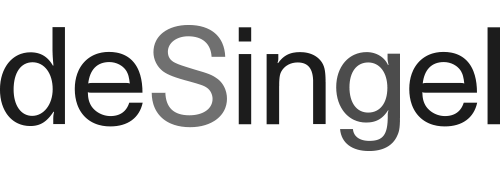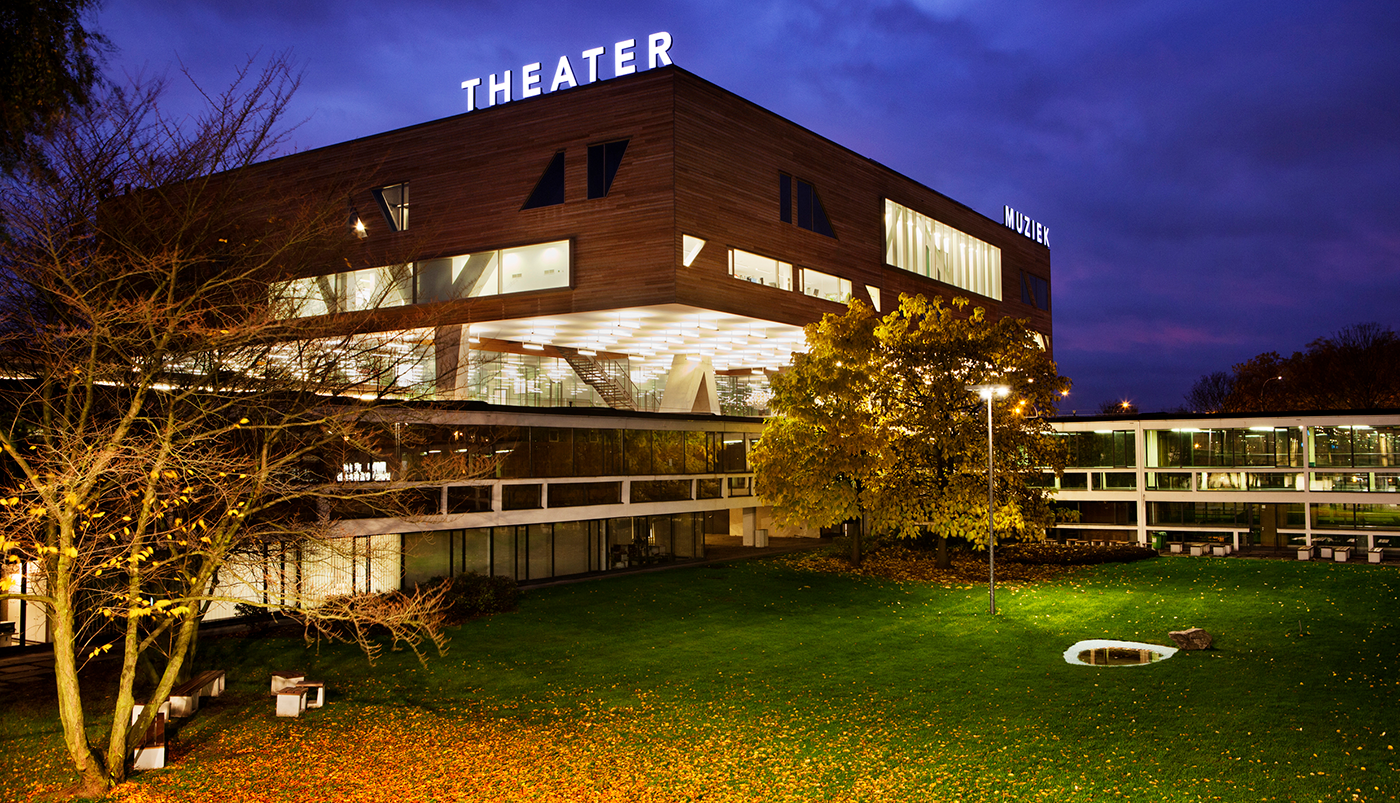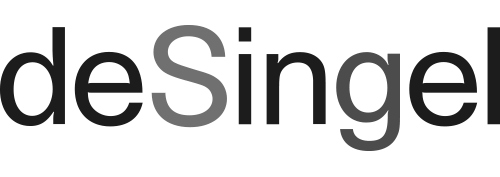
deSingel

deSingel stays centre-stage with Salesforce
Technical resources. Venue bookings. Digital content. deSingel Arts Centre has created an ecosystem of innovative apps to simplify the management of its core business assets and processes. “Embracing the app revolution has made us more efficient,” said Van Diest, Chief Finance Officer at deSingel. “We have a better view of how the organisation is running and can achieve more with less resources.”
The Antwerp-based arts centre has not only used Salesforce to develop a portfolio of apps, it’s also built its website on the platform. “Our website is a crucial source of information for our visitors. With Salesforce, we can ensure it’s highly available and up to date,” said Van Diest.
Spending funds on artistic productions rather than on managing admin
Subsidised by the Flemish Government, deSingel is no ordinary venue. Rather than simply hiring out rooms, the arts centre designs its own themed programmes, inviting appropriate artists to perform. deSingel Arts Centre stages around 300 performances a year to inspire, inform, and entertain audiences across all generations – from classical music and contemporary dance to ground-breaking theatre and cultural festivals.
To ensure as much of its budget as possible is available for artistic production, deSingel needs to minimise its day-to-day costs. “We’re attracting more and more visitors, and want to ensure that both audiences and performers have a good experience so they keep coming back,” explained Pierre Van Diest, Administrative Director at deSingel. “We needed to simplify production management, improve visibility, and cut our admin overheads.”
Every production at deSingel is a complex operation, involving numerous performers, weeks of rehearsals, and technical resources, such as sound, lighting, and heating. To manage these vital elements, deSingel used a plethora of disparate documents, databases, spreadsheets, and email. In fact, Van Diest and his colleagues counted more than 114 different information sources in circulation. “Without a centralised system, data often had to be entered in multiple places, resulting in duplication of effort, as well as poor visibility for the team,” said Van Diest.
With eight auditoriums ranging from a 1,000-seat concert hall to more intimate 100-capacity venues, visibility is essential for ensuring rooms are correctly equipped and maximising ticket sales.
Seizing the app opportunity
In 2014, Van Diest started to search the market for a solution that would simplify its processes and increase efficiency, but came up short. “All the existing solutions designed for the events management sector either offered too much or too little capability,” he explained. “So, we decided to build our own. The Salesforce platform is not only easy to use, but also really cost-effective for us as a nonprofit organisation.”
Simplifying auditorium bookings
deSingel launched its first app built on Force.com in 2014. Developed with support from Belgian Salesforce partner Sparklink, the app enables employees and volunteers to view venue bookings and availability. “We now have all the information on auditorium bookings for the next three years stored in Salesforce, as well as historical data going back 35 years,” said Van Diest. “This means we can see what was successful in the past, and helps us plan our programmes for the future.”
The team at deSingel can also click through to more granular details such as the heat, light, and humidity requirements for each performance or event. “With all venue information in the same place, any one of us can view and update it, which removes bottlenecks and ensures consistency,” said Van Diest.
Allocating technical resources to productions
deSingel has gone on to launch nine other apps that help ensure the smooth running of productions, including an app that allocates staff to productions. As Van Diest explained: “We have a team of stage technicians made up of 40 employees and freelancers, all with skills in different areas, such as lighting, sound, and even pyrotechnics. With the app, we can allocate the right skills to the right productions, and provide staff with clear visibility of their working hours well in advance.”

deSingel wants to bring similar visibility to the allocation of technical equipment, such as microphones, mixing panels, and lighting equipment, through the development of another app. “With Salesforce, we can quickly and cost-effectively create new apps as new business needs arise,” said Van Diest. “Each results in an incremental improvement in efficiency that brings down admin effort and cost.”
An integrated website with real-time ticketing info and automated content updates
As the centre’s first point of contact with the majority of its visitors, deSingel’s website is an important marketing tool, and must be up to date. Built on Heroku, the site is linked with the centre’s apps so that whenever production details are amended, website content is automatically updated. Videos, soundbytes, and images linked to productions are also automatically uploaded to the site via another digital assets management app.
To ensure customers can see how many seats are remaining for any particular performance, the art centre’s ticketing system is mirrored on the website. “With Salesforce, we don’t need a webmaster, and we don’t need to worry about the website being out of date,” said Van Diest. “By ensuring customers can view the latest booking information, we can maximise ticket sales and revenue generation.”
Building individual experiences for audiences at scale
To ensure visitors are aware of new performances and events that may interest them, deSingel wants to expand customer engagement beyond the website. It has started to build customer journeys within Marketing Cloud that will enable it to send tailored communications based on a person’s artistic preferences. “By providing more personalised information on upcoming shows at key times, for example when tickets are about to be released, we hope to increase repeat visits and customer loyalty,” explained Van Diest.
With apps powering its core business processes, deSingel can focus on the things that matter, such as supporting young performers and creating a better experience for audiences. “With Salesforce, we’re a leaner, more efficient organisation,” said Van Diest.
“We can work together more effectively and gain better insights, which means we can free up more resources for artistic endeavours.”